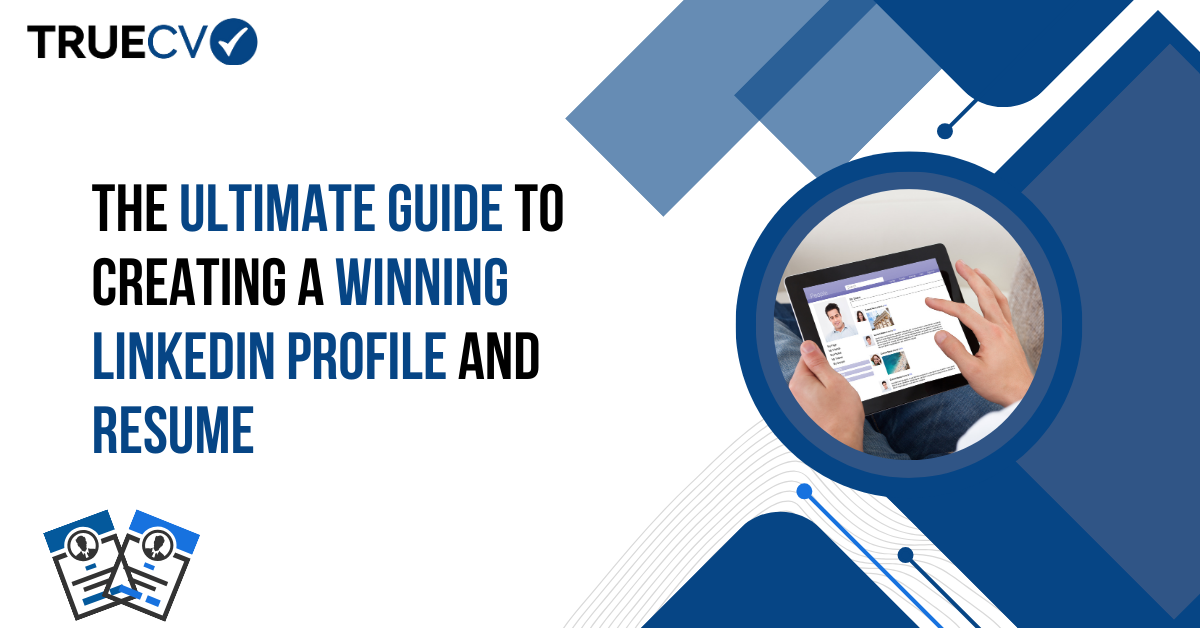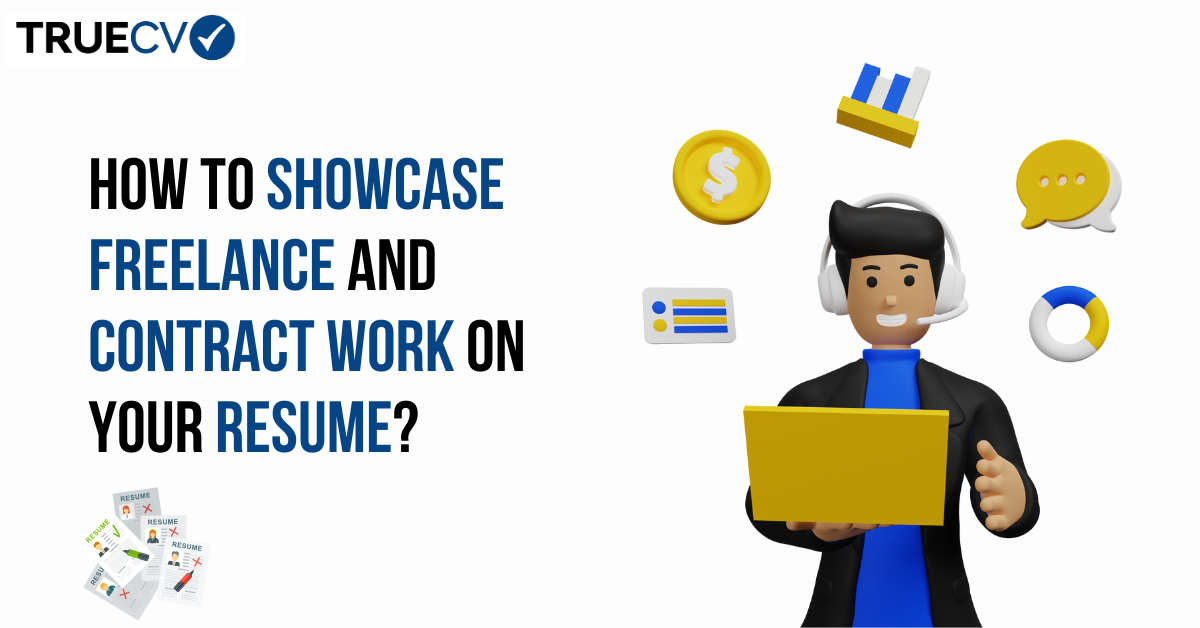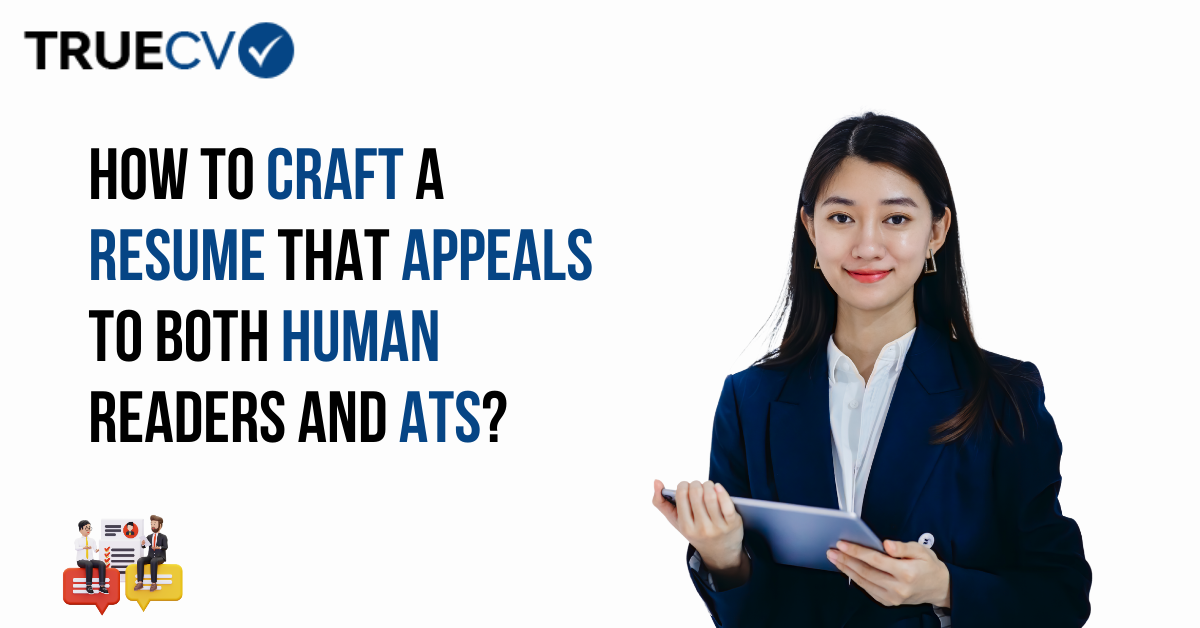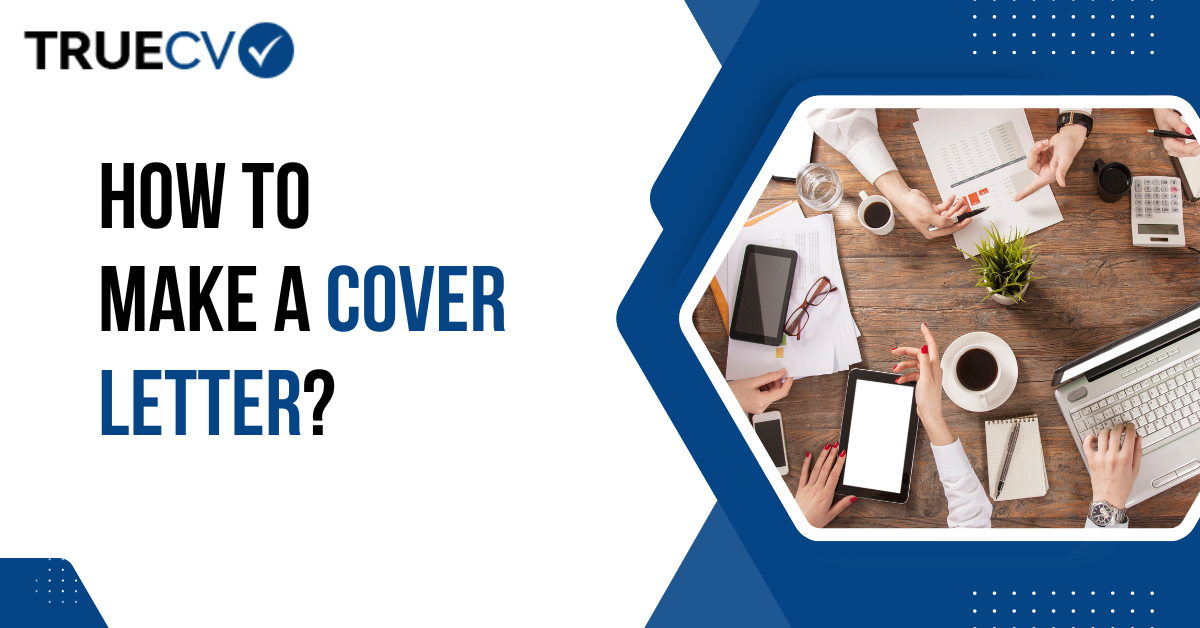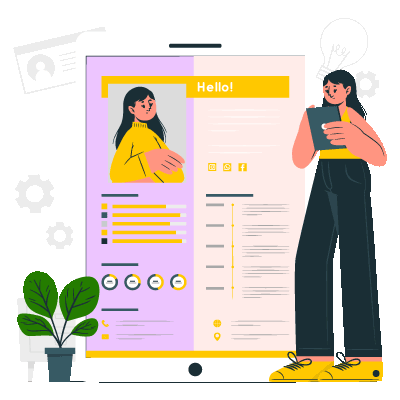
Common Interview Mistakes to Avoid: A Jobseeker's Guide
Job interviews are pivotal moments in one's career journey, presenting an opportunity to showcase skills, experiences, and personality to potential employers. However, even the most qualified candidates can falter if they make common interview mistakes. In this comprehensive guide, we will explore prevalent blunders that jobseekers often make and provide valuable insights on how to avoid them, ensuring a more successful and positive interview experience.
- Lack of Preparation: The Silent Saboteur
One of the most significant interview mistakes is arriving unprepared. Failing to research the company, its values, and its specific role can leave a negative impression. Jobseekers should invest time in understanding the company's history, recent achievements, and any industry trends that might impact the organization. Researching the interviewers and understanding the company's competitors can also provide a competitive edge.
- Poor Non-Verbal Communication: Actions Speak Louder Than Words
Non-verbal cues can significantly influence interview outcomes. Avoiding eye contact, fidgeting, or displaying negative body language can convey nervousness or disinterest. This section will delve into the importance of maintaining good posture, offering a firm handshake, and using appropriate facial expressions during an interview. Additionally, it will touch upon the significance of active listening and responding to the interviewer's cues.
- Inadequate Self-Promotion: The Balancing Act of Humility and Confidence
While humility is admirable, underselling oneself is a common mistake. Jobseekers often fail to effectively communicate their achievements, skills, and unique value proposition. This section will guide candidates on striking the right balance between humility and confidence, providing tips on self-promotion without appearing arrogant. It will also explore the STAR (Situation, Task, Action, Result) method for answering behavioral questions and showcasing accomplishments.
- Fumbling Common Interview Questions: Preparation is Key
Certain questions are standard in job interviews, and stumbling over them can be detrimental. From the classic "Tell me about yourself" to more specific inquiries about strengths and weaknesses, this section will offer insights on how to prepare and respond effectively to common interview questions. It will include sample answers and encourage candidates to tailor responses to highlight their unique strengths.
- Not Asking Questions: A Missed Opportunity
At the end of an interview, candidates are typically asked if they have any questions. Failing to ask questions can signal disinterest or a lack of preparation. This part will highlight the importance of having thoughtful questions ready, demonstrating the candidate's engagement and genuine interest in the role. It will provide examples of questions that showcase the candidate's eagerness to contribute and learn.
- Overlooking Company Culture: Aligning Values for Success
Ignoring or misunderstanding a company's culture can lead to a mismatch between the candidate and the organization. This section will emphasize the significance of cultural fit, encouraging candidates to research and assess whether their values align with the company's mission and work environment. It will provide strategies for exploring company culture through online resources, networking, and informational interviews.
- Late Arrival: A Tarnished First Impression
Punctuality is a non-negotiable aspect of professionalism. Being late for an interview not only disrupts schedules but also reflects poorly on the candidate's time management skills. This section will stress the importance of arriving on time and planning for potential delays. It will also discuss the significance of arriving early to allow for mental preparation and a composed entrance.
- Inappropriate Attire: Dressing for Success
First impressions are often based on appearance. Wearing inappropriate attire can distract from a candidate's qualifications and competence. This section will offer guidance on choosing attire that aligns with the company's dress code and industry norms. It will emphasize the role of dressing professionally to convey respect for the interview process and the company.
- Failure to Follow Up: Closing the Loop Professionally
Post-interview etiquette is critical for leaving a lasting impression. Failing to follow up with a thank-you email can be perceived as a lack of appreciation for or interest in the position. This section will guide on crafting a thoughtful thank-you message, reiterating interest in the role, and expressing gratitude for the opportunity. It will also highlight the importance of timely follow-ups to demonstrate enthusiasm.
Conclusion:
Job interviews are challenging, but avoiding common mistakes is crucial for success. By preparing thoroughly, showcasing the right non-verbal cues, effectively promoting oneself, aligning with company culture, and addressing logistical aspects like punctuality and attire, jobseekers can navigate interviews with confidence. Remember, learning from mistakes and continuous improvement are essential elements of a successful job search journey. With these insights, jobseekers can not only avoid common pitfalls but also stand out as polished and competent candidates in the competitive job market.

